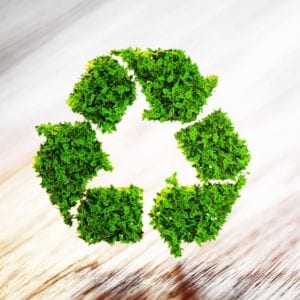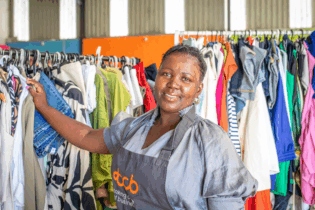While recycling figures rise and South Africans gain a general understanding of the benefits of recycling, Mpact Recycling managing director, John Hunt, says people may not realise just how much good they are doing.
According to the Paper Recycling Association of South Africa (PRASA), the annual paper recovery rate has increased by 2% year-on-year since 2012 and is currently at 68.4%. PET Recycling Company (PETCO) reports that plastic bottle recycled tonnage has grown by 822% since 2005%.A growing awareness of recycling
These figures point to a growing awareness of recycling, but more importantly they show that South Africans are taking action and making a concerted effort to do the right thing. “The environmental impact of recycling is enormous,” says Hunt. “Every item that is recycled is one less item going to the country’s strained landfill sites. Less waste to landfill means a reduction in greenhouse gas emissions and ultimately less of a negative impact on the environment.” In addition Hunt notes that recycling also helps to address some of the country’s social ills such as unemployment and poverty.







